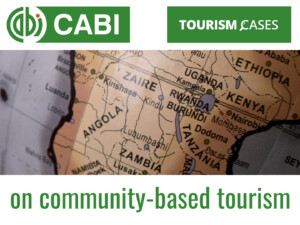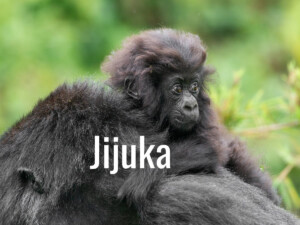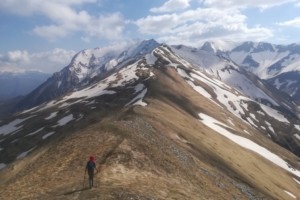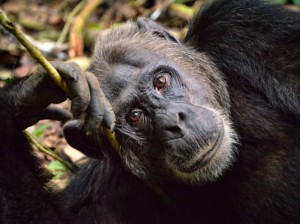Africa must put communities, conservation at the centre of travel & tourism recovery
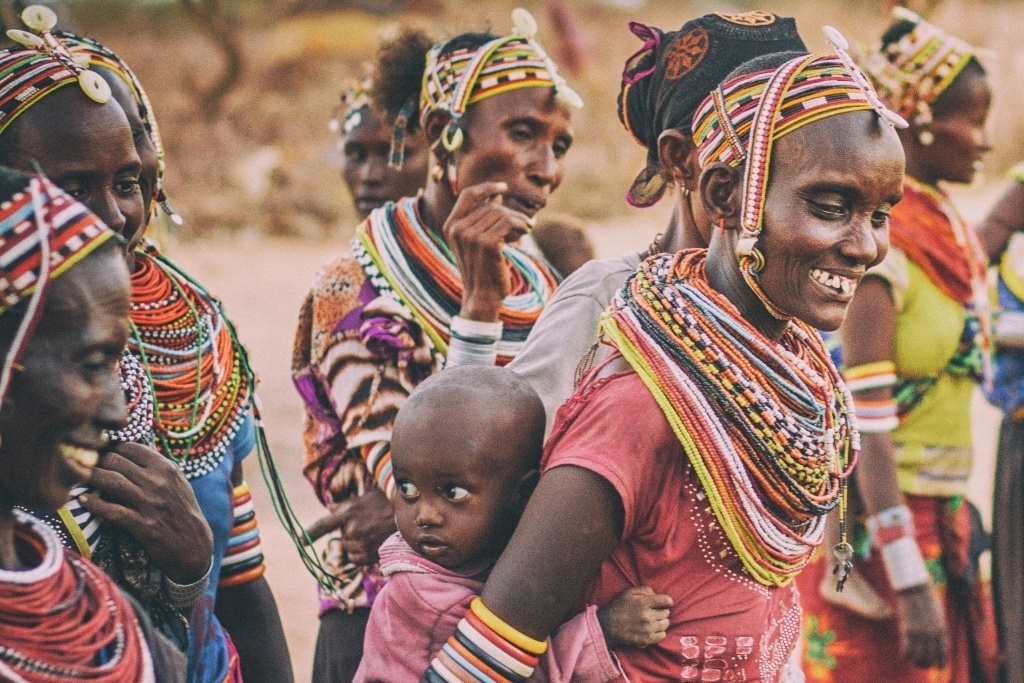
Picking up on the reports, findings, declarations, and statements of organisations and opinion leaders in Africa and around the world, tourism scholar Edwin Magio calls upon African travel & tourism stakeholders to put words into action.
It’s a “Good Tourism” Insight.
As the African tourism sector prepares to recover from the COVID-19 pandemic, tourism experts and researchers have recommended that we put communities and conservation at the heart of Africa’s recovery efforts.
For example, Kaddu Sebunye, CEO of the African Wildlife Foundation (AWF), said that the need to sustain community livelihoods and conservation is apparent and that we should centre them in all recovery programs.
I believe that he and many others are correct when they say that. My hope now is that what they say will be realised.
Why should Africa’s tourism recovery centre on communities and conservation?
Communities and the natural environment are vital contributors to the African tourism sector. Indeed they are its backbone.
According to a report published by the World Bank Group, community-based tourism (CBT) is undertaken by around 20% of ‘adventure’ tourists to Africa. That’s about 3.8% of all tourist arrivals to the continent.
Also see Lindsay Booth’s “GT” Travel post
“Off-peak Tanzania: Go for wildlife, go again for people”
Tourists flock to Africa’s protected areas to see the world’s most spectacular wildlife in their natural habitat. A survey of 145 tour operators by the United Nations World Tourism Organization (UNWTO) reveals that wildlife watching is the reason for 80% of visits to Africa. Conserving wildlife and their habitats can be credited for this.
Owing to the fact that conservation and community are crucial ‘assets’ upon which our tourism sector derives its livelihood, it is essential that we place them at the core of tourism recovery efforts.
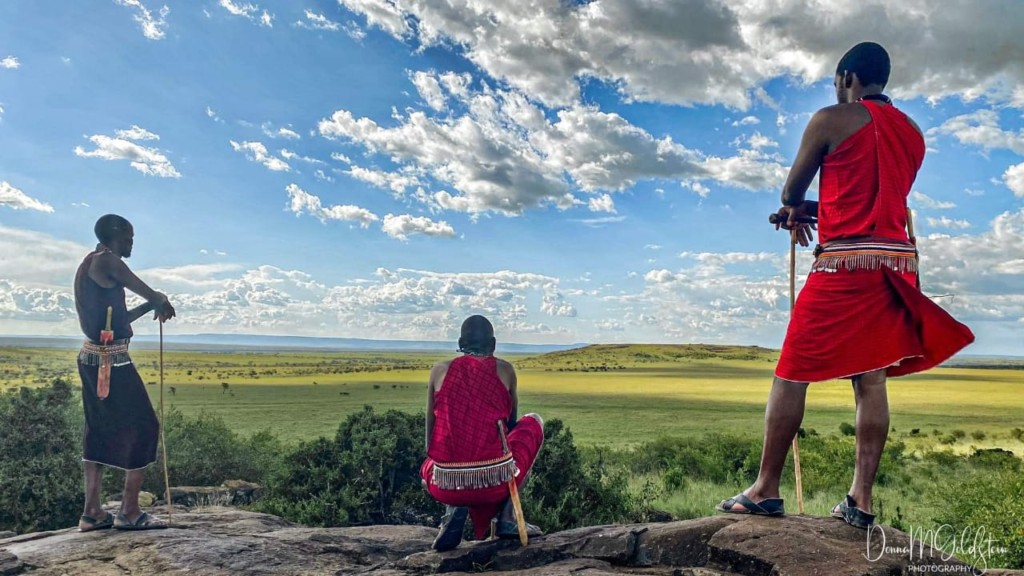
African communities and conservation have been hit by COVID-19
Counting the losses from African tourism during the COVID-19 pandemic, local communities and wildlife have suffered most.
Marco Lambertini, director-general of the World Wide Fund for Nature (WWF), said that “in countries like South Africa and Kenya, tourism is the revenue source for many communities as well as for protected and conserved areas such as wildlife parks, and conservation activities”.
And with COVID-19 halting tourism, the revenues have disappeared. Consequently, communities and conservation efforts have greatly been affected.
Also see Lieve Claessen’s “GT” Insight
“How a small South African backpackers is making a big difference”
Findings by Anna Spenceley show that 64% of locals are on reduced wages. More than half of 618 African operators have put some or all of their staff on unpaid leave since February 2020, and ~50% have made some staff redundant. Of course this has implications for the broader local economy as expenditure declines.
Just like communities, the “revenue streams of many of the agencies managing protected areas have been significantly eroded by Covid-19”, Mr Sebunya said.
As a result, there has been a reduction in conservation expenditure, including for anti-poaching. At the same time, reduced revenues, coupled with stresses on communities that have been dependent on tourism, have increased the human threat to nature.
Also see James Nadiope’s “GT” Insight
“How bees, trees, & tourism reduce human-wildlife conflict in Uganda”
Jacqueline Kubania, field communications manager at AWF, said: “With no revenues coming from tourism, conservation activities in the community-owned conservancy have either been scaled down or suspended, leading to a spike in poaching incidents.”
Considering that communities and conservation efforts are heavily reliant on tourism and have been adversely affected by tourism’s pause during COVID-19, we need to ensure that they are at the centre of tourism’s post-pandemic recovery efforts.
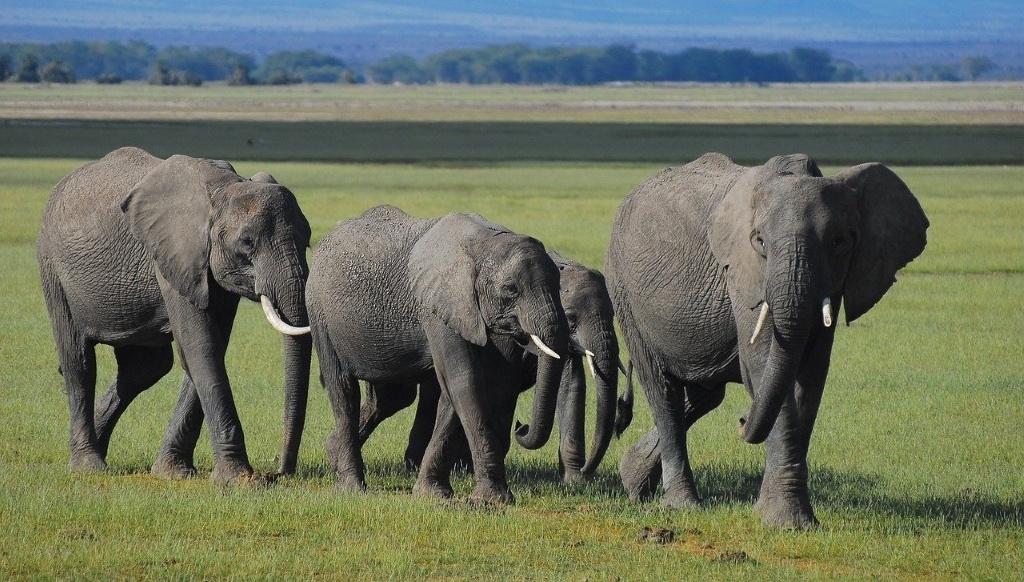
Communities and conservation are key to more sustainable tourism in Africa … and the world
As Africa gradually reopens to the travelling world, there has been a surge in calls for the industry to ‘build back better’ and more sustainably.
Encouragingly, this was the overarching message delivered by Japan, the United Nations, the African Union, and African states’ officials at the United Nations’ online “high-level” meeting that took place in June 2021, “Boosting Africa’s Transformative Power of Tourism”.
Also see Meghan L Muldoon’s “GT” Travel post
“Sierra Leone changed my life”
Elcia Grandcourt, UNWTO’s regional director for Africa, said that “as we continue to respond to the COVID-19 crisis, we must join forces to accelerate the safe and sustainable restart of African tourism”.
To achieve this, UNWTO’s “One Planet Vision for a Responsible Recovery of the Tourism Sector” emphasises the importance of focusing on communities and conservation across the world.
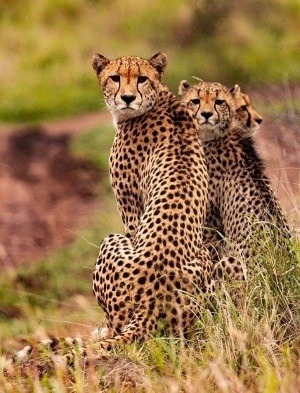
WWF’s proposed “New Deal for Nature and People” makes the case that we must protect and restore nature for the benefit of people and the planet. WWF doesn’t want to see any more extinctions nor loss of natural spaces. And it wants to see negative environmental consequences of production and consumption halved by 2030.
UN secretary-general António Guterres has stated that we must rebuild the tourism industry in a climate-friendly manner. He cautions that “transport-related greenhouse gas emissions could rebound sharply if recovery is not aligned with climate goals”.
Eve Sabbagh, a strategic communication specialist at the UN Development Program, thinks that “policies to ensure tourism can benefit the communities relying on the sector need to be supported and implemented”.
According to Mr Guterres: “Supporting the millions of livelihoods that depend on tourism means building a sustainable and responsible travel experience that is safe for host communities, workers and travellers.’’
Young Africans in the tourism industry have consistently demonstrated exceptional talent, creativity, and resilience, noted Rica Rwigamba, who heads up the Mastercard Foundation in Rwanda. Supporting them would be a confirmation of their tenacity and hope that we will emerge stronger from the pandemic.
With all that said by leaders in Africa and around the world, I urge African governments, travel & tourism companies, investors, non-governmental organisations, and destination communities — all stakeholders — to put communities and conservation at the centre of their tourism recovery efforts.
Agree? Disagree? What do you think? Share a short anecdote or comment below. Or write a “GT” Insight of your own. The “Good Tourism” Blog welcomes diversity of opinion about travel & tourism because travel & tourism is everyone’s business.
Featured image (top of post): Generations. In Kargi, “a remote nomadic settlement in Kenya”. Image by Ian Macharia (CC0) via Unsplash.
About the author

Edwin Magio is a teaching and research assistant in the Department of Tourism Management at Moi University, Kenya. As a Commonwealth scholar at Leeds Beckett University, UK, he is also studying for a MSc in Responsible Tourism Management.
Mr Magio’s teaching and research focuses on the areas of rural tourism, conservation, socioeconomic development, tourism and the environment, environmental impact assessments, tourism policy and governance, and destination management. You can connect with Edwin on Twitter, Facebook, and LinkedIn.


